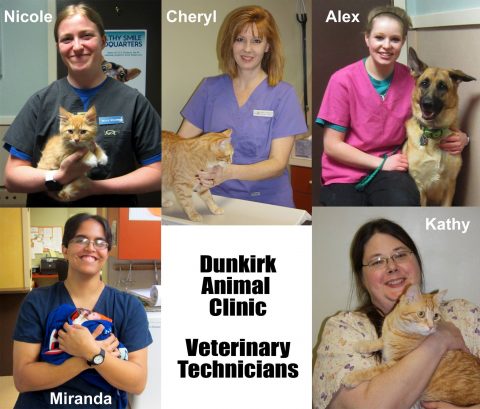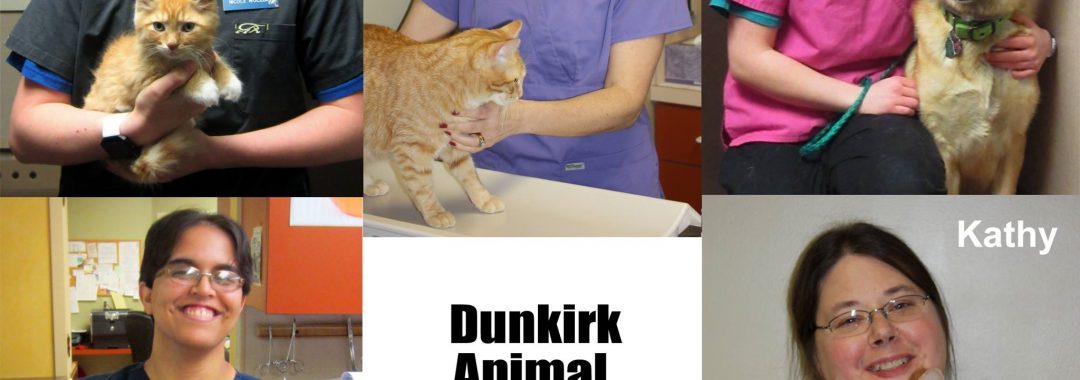Technicians are the unsung heroes of veterinary medicine
By Dr. Rebekah Frost
The week of Oct. 15-21 in the veterinary profession was dedicated to the hardworking veterinary technicians (veterinary nurses) that are truly the “unsung heroes” in the field of veterinary medicine. Celebrate with us National Veterinary Technician Week by thanking the men and women who work tirelessly day and night alongside veterinarians to help your pets.
What does a veterinary technician do? A veterinary technician fills a number of roles and positions in our profession.
They start off pet wellness appointments by taking a history, temperature, weight, heart rate, pulse, and brief exam. They help restrain many fractious and non-fractious pets for the veterinarian in the exam rooms or on the farm on a daily basis.
They help prepare pets for surgery by drawing blood, placing IV catheters, placing endotracheal tubes and proper monitoring devices, preparing your pet for surgery by performing a sterile scrub procedure, monitoring your pet under anesthesia and in the pre- and post-operative period, and sterilizing and cleaning the surgery room after surgeries.
They work in the laboratory running bloodwork, urinalyses, fecal tests, and more. They are trained to properly read these test results and share their findings with the veterinarian. They fill prescriptions and educate clients about the use and side effects of these medications.
They perform diagnostic tests like blood draws, taking radiographs, assisting with ultrasounds, and more.
They perform dental cleanings and bandage changes, groomings and pedicures.
They help other staff with cleaning the hospital and they help the receptionists with front desk jobs.
They help care for hospitalized patients on a daily basis by feeding, medicating, cleaning wounds, physical therapy, and monitoring these pets throughout the day.
They keep us veterinarians in line. They keep us organized and on track on a day-to-day basis. They know about all our patients and clients and make sure to keep us up to date on pertinent information.
They manage inventory, place orders for supplies in the hospital, and keep in contact with pharmaceutical representatives.
They are responsible for educating the public on clinic promotions, current important information in veterinary medicine, and different products available to treat your pets.
There are many more jobs that veterinary technicians are responsible for, but the most important job that a veterinary technician has is to care for and love your pets when they are in our care! Our technicians at the Dunkirk Animal Clinic have a true passion for their jobs and it shows every day in the care they provide for our patients!
 They must then keep renewing their license by completing continuing education courses to continue to learn and grow in their profession. The closest veterinary technician program to our area is at Medaille College in Buffalo.
They must then keep renewing their license by completing continuing education courses to continue to learn and grow in their profession. The closest veterinary technician program to our area is at Medaille College in Buffalo.
What education is required to be a veterinary technician? A veterinary technician must complete a rigorous two- or a four-year program, an internship in a veterinary clinic, and they must pass a state board test to receive their license. They can go on to complete additional courses to become a specialist in a specific field.
We have five veterinary technicians in our practice: Alex, Kathy, Cheryl, Miranda, and Nicole. Each one of these ladies is an integral part of our team and each has their own special talents and skills. Be sure to thank your veterinary technicians today as they are the heart and soul of our practice!
Check out our Facebook page for fun information and pictures as we featured each one of our technicians throughout the week of National Veterinary Technician Week!

